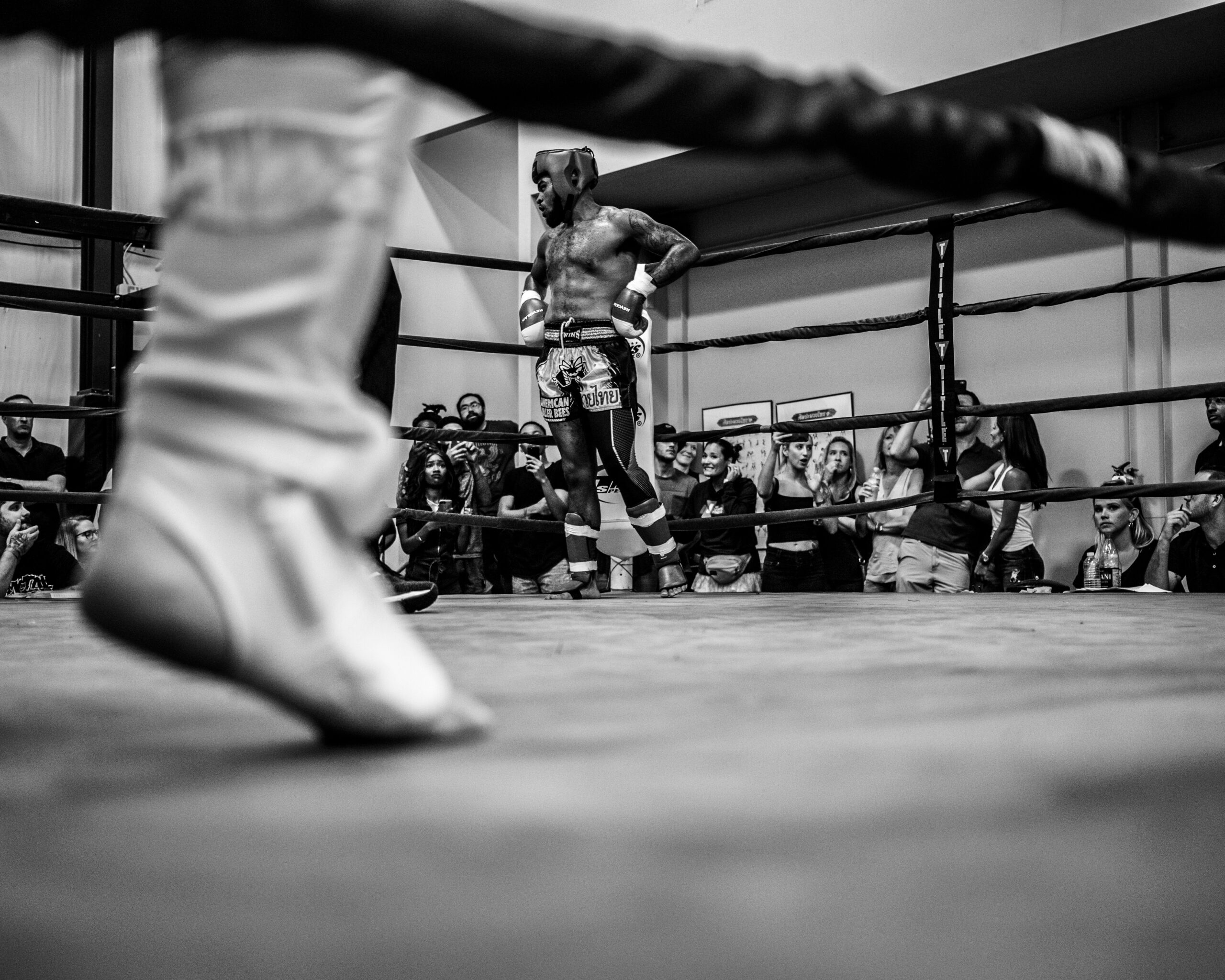Last month, junior welterweight journeyman Gift Bolo travelled to Chelyabinsk in Russia to fight local hero Maxim Pleshkov.
For his modest fight purse, he was royally treated but copped a bad loss, being dispatched to the canvas eight times to lose by a wide points margin.
Bolo, a perpetual smile on his face, was philosophical, reckoning that he likes the action, but, more importantly, he needs the action.
Besides, he’d made the long flight before. Last year, and in 2019, he’d also travelled to Russia. Two stoppage defeats ensued.
Bolo’s experience is emblematic of a disturbing trend in South African boxing. Attracted by fight purses most often ranging between $3000 and $5000, local fighters are shipping out to Europe and elsewhere as cannon fodder at a worrying rate.
The vast majority are contracted as “opponents”, imported to pad the local fighter’s record, with a minority who travel as elite-level boxers who are handsomely paid and have a reasonable chance of success.
Broken Dreams
David Rajuili is a 35-year-old who grew up on the East Rand. Until 10 years ago, he was a solid campaigner on the local scene. But ever since hitting the road, his career has resembled a car crash.
However, he’s served his apprenticeship as a survivor and his ability to give an opponent good work – only three of his 14 defeats have been by knockout – means that he picks up work often in and around Europe. He’s an honest, dependable campaigner. He’s become so familiar with the environment that he now fights under a German boxing licence. Not that it’s helped: he’s lost his last five fights, all in faraway places.
Given his modest ability, he’s doubtless over-achieved by boxing decent level opposition like Anthony Yijit. He’s also been able to cash cheques frequently, unlike in South Africa where opportunities are scarce. Tournaments have dried up and the pot of money is smaller than ever with sponsors and investors reluctant to involve themselves in a sport that does itself few favours.
Andre de Vries, Boxing South Africa’s official record keeper, confirmed that the number of SA tournaments in 2024 (63) was the lowest in 15 years, excluding 2021 and 2021, which were ravaged by Covid.
By contrast, 2012 was a boom year with promoters hosting 86 events across the country.
Inactivity is one of the major reasons fighting overseas has become appealing for local fighters. They see both opportunity and money, notwithstanding the reality that they are most often brought in as the B side. They are expected to give a good account of themselves without actually winning.
The raw statistics bear this out. Again, De Vries supplied raw data that indicates last year was the worst since 2010 with SA boxers losing 37 overseas fights and winning just 12.
In that same period, SA boxers lost an accumulated 348 fights and won just 177; figures that are skewed by the success of champions like Jackson Chauke, Thulani Mbenge, Lerato Dlamini, Phumelela Cafu and Sive Nontshinga, who are enticed overseas as contenders and belt holders rather than journeymen. They are the exceptions.
The Road to Nowhere
This year’s figures are no less depressing. Thirty-one times SA boxers travelled overseas in 2024. They collectively produced just seven wins and two draws. All four females who boxed overseas returned with an “L” on their records.
SA boxers have had it tough in recent years especially. Last year, with work drying up locally, former SA heavyweight champion Chris Thompson hit the road for fights in Russia, the UK and Uzbekistan. He lost all three, one of these a first-round KO to Olympic super heavyweight champion Bakhodir Jalolov.
These matches are characteristic of the uphill battle South African fighters face: they are given opportunities, but the deck is often stacked against them.
Despite the tough odds, the promise of dollar payouts continues to lure many to international rings. The financial incentives, while often modest, can provide much-needed support for fighters and their families.
However, these bouts are rarely straightforward. Fighters like Don-Juan van Heerden and SA champion John Bopape have faced harsh outcomes abroad, with Bopape being knocked out by Vadim Tukov in 2023 and Van Heerden the victim of an outrageous decision loss in France.
Lebogang Mashitoa, the talented cruiserweight, has seen his career hit the skids after three straight defeats overseas.
One of these included a disqualification against Armend Xhoxhaj in Kosovo when he was thrown out after removing his boots to fight barefoot in the rain.
One of the saddest cases involves Xolisani Ndongeni, who six or seven years ago rated as one of SA boxing’s best talents. His first defeat came at the hands of future world champion Devin Haney, but he remained a natural talent for whom much was forecast.
There were sporadic moments of brilliance, but last year he flatlined, losing in Argentina and twice in the US. A standard win on local soil was bookended by another defeat, also in Argentina, in July. In all, his opponents had a combined 73 wins and zero losses, making Ndongeni’s chances negligible.
It’s difficult to see this trend changing anytime soon. While the work ethic of SA boxers remains respected and opportunities at home are limited, overseas action – even with it’s in-built risk – will be appealing. Fighters want to fight – many love to fight – and they’ll travel where they must to do so.
Just so long as winning doesn’t enter the equation.








